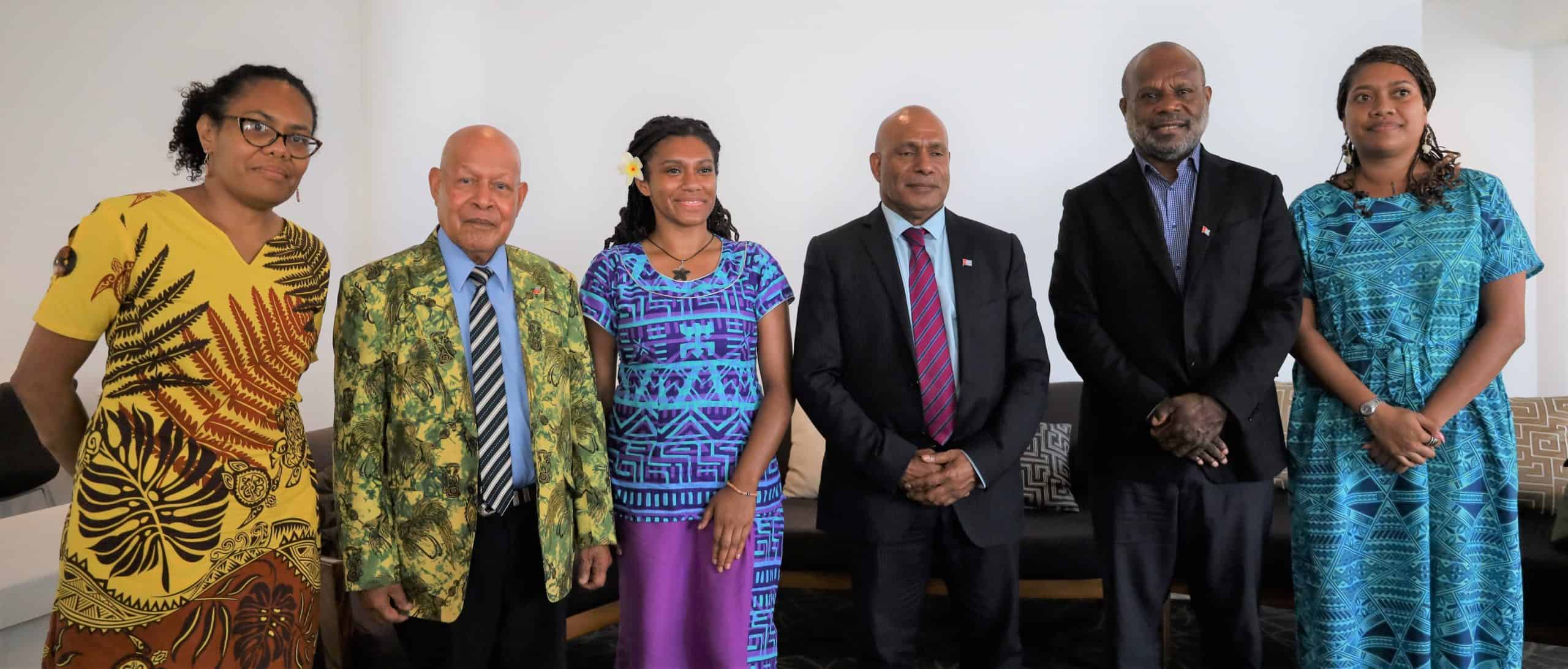The recent visit to Fiji by West Papuan freedom fighter, Benny Wenda, signals a shift which may just end in a new member of the Melanesian Spearhead Group.
Since 2011, Fiji has been Indonesia’s closest ally in the South Pacific, blocking every attempt by the United Liberation Movement of West Papua to join regional discussions and gather support for an end to Jakarta's rule.
When Frank Bainimarama seized power in December 2006, Indonesia and China offered his interim government legitimacy which Fiji’s traditional allies withheld in the hope that he would return . . .
